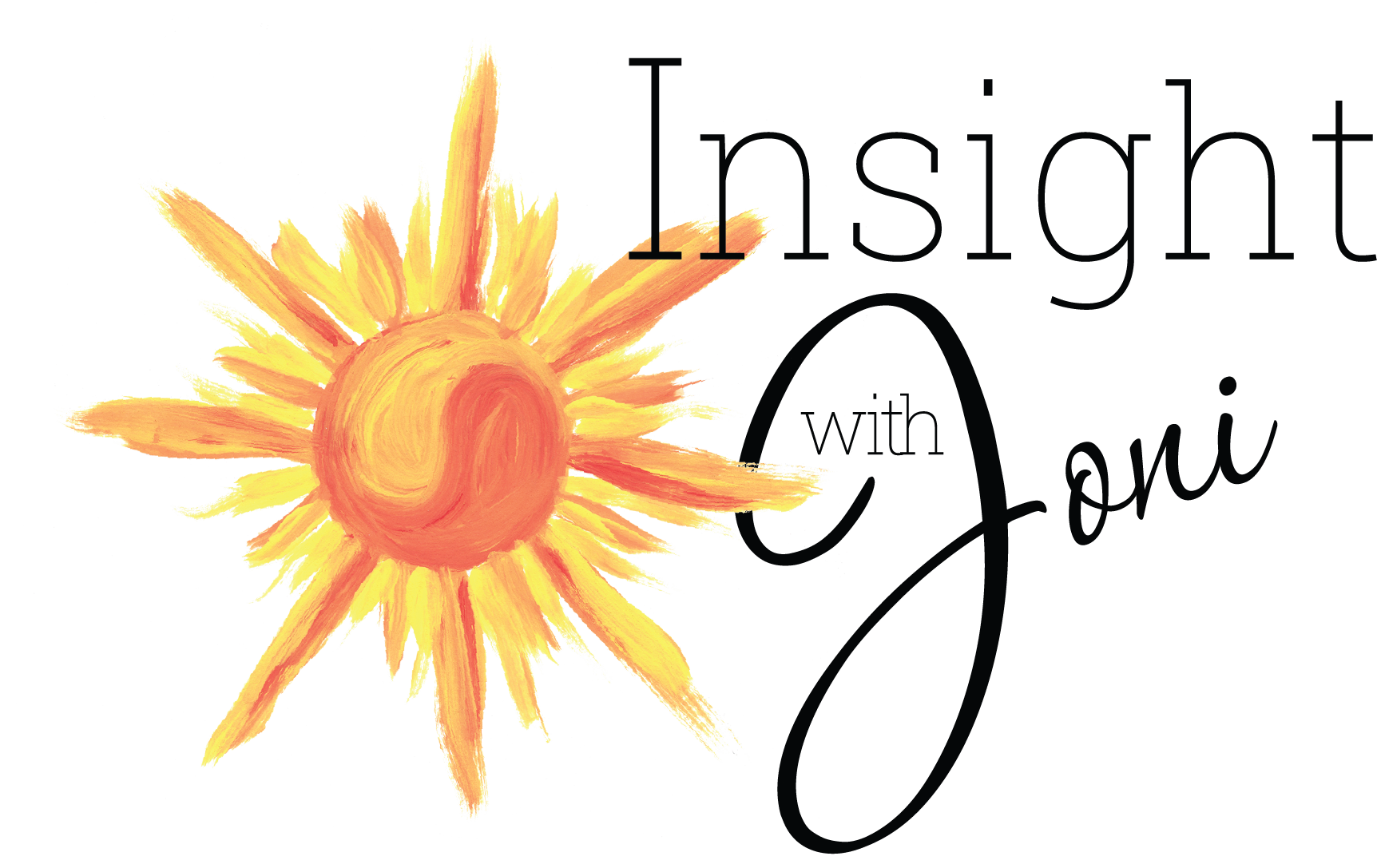Myths & Facts About Protein
Protein is an important nutrient our bodies require. It helps form muscles, skin and hair. Eating protein can make us feel strong and confident. Plus, it satisfies our hunger. However, since the 90's when high protein diets became popular, confusing messages abound in the media about protein, what it is, and how much of it we need.
Myth: You can only get good quality protein from meat. This is simply not true. Protein is not just in beef, chicken, pork, lamb and fish. Protein is a nutrient found in whole grains, beans, dairy, eggs, nuts and even certain vegetables and fruits contain small amounts of protein. Eating these items can provide you with the protein you need. Animal protein can be fine in moderation but so many people believe that meat is "the only source" of protein. Why?
Fact: We are bombarded with marketing messages telling us we NEED meat. Think of how many meat advertisements you see on television - from fast food hamburgers to steaks. Even the USDA promotes beef, although it wasn't always that way. In 1977, after an outspoken U.S. senator started to talk about the connection between chronic disease and consuming high fat, cholesterol, sugar, salt and meat products, the USDA began advising people to limit these foods in their diet. Their advice was quickly withdrawn after strong objections from the meat, dairy and sugar industries. Industry plays a huge role in the USDA's dietary recommendations. (read more in the book Food Politics: How the Food Industry Influences Nutrition & Health, by Marion Nestle) The cattle industry is a BIG industry in our country. (think of the ad: "BEEF - it's what's for dinner"). While lean, high quality, preferably organic beef can be an occasional healthy addition to your diet, consuming too much of ANY animal protein can lead to illness, including constipation, high blood pressure, high cholesterol, heart disease and cancer. Read more details and facts about too much animal protein causing disease. I don't recommend eating beef more than once a week; and I recommend eating completely vegetarian at least two days a week.
Myth: Protein is "better" for you than carbs. Carbs are bad. Again, messages in the media and jargon from the high-profile high-protein diets have skewed the facts.
Fact: Carbohydrates are ESSENTIAL to our health! They are nutrients that provide us with energy, vitamins and minerals: fiber to aid in digestion: plus antioxidants, carotenoids and phytochemicals that fight free radical damage to our cells, which can help protect us against cancer. Carbs are not just in white pasta and white bread - which should be avoided. Carbs are in whole grains like brown rice, quinoa, oats and whole wheat. Carbs are in all vegetables and fruits: sweet potatoes, kale, spinach, romaine lettuce, carrots, celery, broccoli, apples, bananas, oranges, pears, watermelon, and the list goes on and on. Keep in mind that although we generally refer to this group as "carbs," many carbs ALSO contain protein!
Closely monitor your protein consumption. I challenge you to experiment with protein. Eat less animal protein overall (portion size should be the size and thickness of your palm). Notice how you feel. Eat less or more protein in general and notice how you feel. Increase your consumption of a wide variety of vegetables, fruits and whole grains. Our protein needs vary from person to person and depend on a number of factors like age, sex, activity level and blood type. No one way of eating is right for everyone, but know that there are many people - athletes even - who thrive on vegetarian diets. And many very healthy people incorporate animal protein into their diet. The key is moderation and quality. Let me know if you'd like support on figuring out what to eat to improve your overall health and wellness. I'm here to support you!
